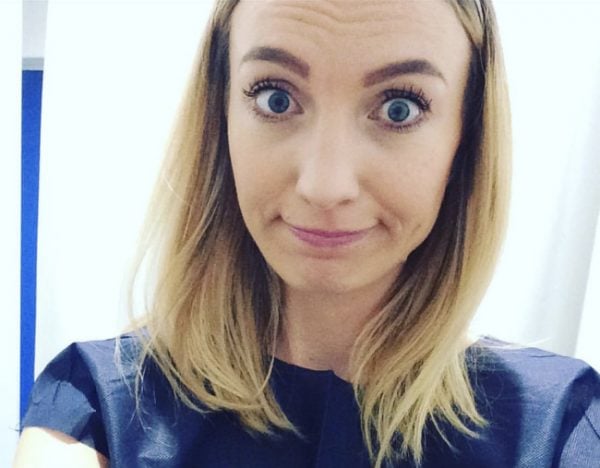Content warning: This post contains themes of suicide and mental illness that some readers may find triggering.
Up until just over a year ago, the most difficult thing I’d experienced in my life was losing my brother to suicide when I was 15. It saw me spiral into the depths of despair swiftly and entirely. Our friends surrounded us with love and support, as my family became consumed by grief.
He was my half brother, so our Brady Bunch style family experienced much contention. Many wanted someone to blame, as so often happens during times of tragedy. No, no one was to blame. No, searching for blame didn’t help. But, you search for a reason, to rationalise, to ease your own guilt, and to try and soften the grief.
After the funeral, life resumed somewhat normally. Those who had surrounded us began to thin and dwindle, as the shock of such a tragedy started to ease. They had their own lives to continue with, and their own challenges to contend with.
The problem was, we were all still so grief stricken that withdrawal into ourselves seemed like the only option – well it did for me, anyway. Pure self indulgence evolved, because I didn’t have space in my mind for anything else. Being a teenager was difficult enough without being challenged with something like this. The trivial problems of others became inconsequential.
My coping mechanism was to be as self-deprecating as possible. I felt so terrible anyway, it only made sense to treat myself badly; drugs, alcohol, questionable company, and unhealthy situations perpetuated my self-loathing while facilitating the escapism I so desperately needed.





























































































